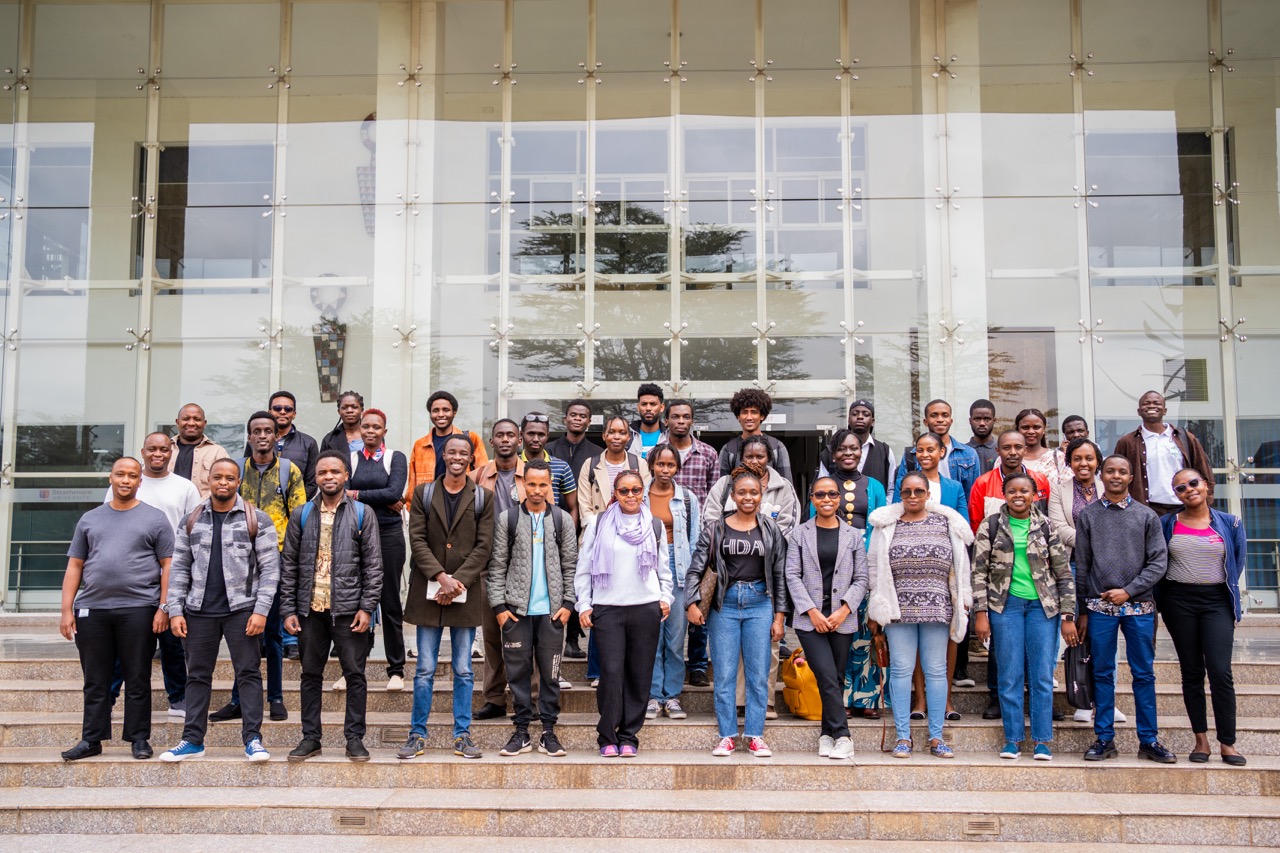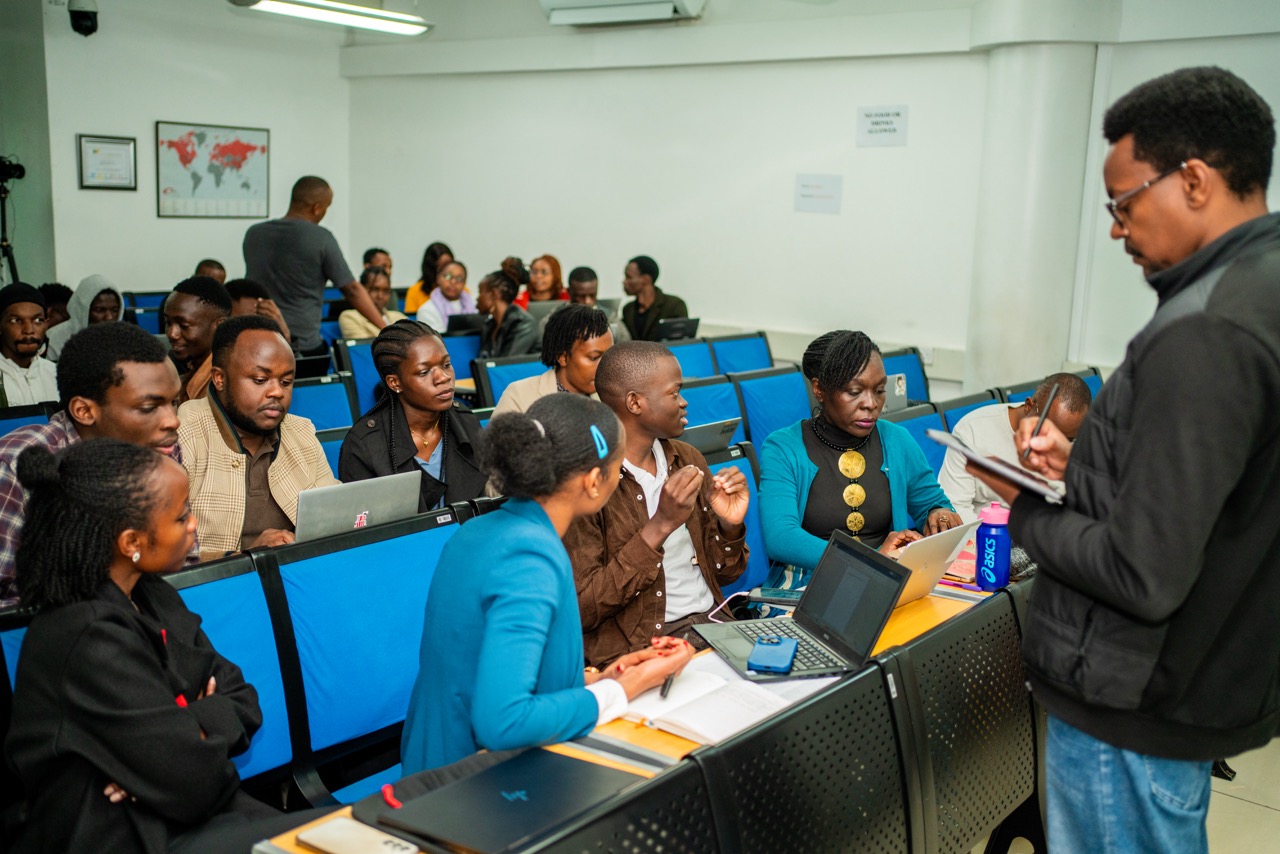Inclusive ASR Innovation Sprint to Empower People with Non-Typical Speech in Kenya.

The second phase of the Centre for Digital and Language Inclusion (CDLI) initiative is now underway in Kenya, driving the development of inclusive Automatic Speech Recognition (ASR) systems for people with non-typical or slurred speech, particularly in African languages. This marks the second innovation sprint in a pan-African effort to close the digital divide for individuals with speech impairments, building on a successful pilot in Ghana.
Led by CDLI in collaboration with the Global Disability Innovation Hub (GDI Hub), Senses Hub, and Strathmore University’s I-lab, the project is creating ASR technologies that are culturally relevant, linguistically accurate, and inclusive of diverse speech patterns. The initiative is supported by Modal, whose GPU sponsorship is powering the development of these cutting-edge models.
“People with non-standard speech face daily communication barriers—from hailing a taxi to accessing digital services,” said Richard Cave. “These challenges are even greater in African contexts, where access to assistive technologies and speech therapy is limited.”
The 5-month innovation sprint focuses on four core goals:
-
Ethical Data Collection – Building a diverse dataset of non-standard speech in 10 African languages.
-
Foundational ASR Models – Creating speech recognition systems tailored to African linguistic realities.
-
Real-World Solutions—Prototyping inclusive tech tools for everyday use.
-
Community Building—Connecting African developers, speech therapists, and disability advocates.
The journey in Kenya began with a pre-innovation sprint workshop at Strathmore University, attended by 35 participants from academia, civil society, tech, and the disability community. The workshop featured technical deep dives, collaborative planning, and testimonies from individuals with lived experience of speech impairments. Discussions explored simplifying ASR development, the transformative potential of local solutions, and the importance of participatory design.
Since then, the data collection phase has been successfully completed, engaging 52 participants with different speech impediments. This valuable dataset will play a crucial role in training and refining ASR models, ensuring the solutions built are truly inclusive and representative of diverse speech patterns.
“We’re not just building technology we’re building understanding. InclusiveAutomatic speech recognition (ASR) must reflect the voices and realities of those it’s meant to serve,” shared one participant.
All models, datasets, and tools from the sprint will be released open source, ensuring long-term impact and enabling further innovation.
At the recent innovation kickoff, selected participants began refining their proposals. Over the next five months, innovators, developers, researchers, and designers will work together to create solutions that improve communication for people with speech impairments in Kenya and beyond. Participants will receive mentorship and training and have opportunities to win cash prizes, earn certifications, and publish or deploy their work.
Read more about the Centre for Digital and Language Inclusion here. 